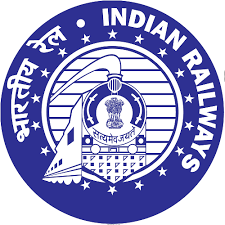The Indian railways are to implement RFID (Radio Frequency Identification) technology, to accurately track and trace Railway movement across the country with focus on safety. RFID is a technology that exchanges data through Radio frequency. The tag is used to track individual objects.
The CRIS (Centre for Railway Information Systems) , GS1 India and the Indian Industry have come together and joined hands under the government’s flagship ‘Make in India’ programme.
Under the program, around 3,500 coaches have been fitted with RFID so far. This will help Indian railways in early identification of rolling stock. A rolling stock includes carriages, locomotives, wagons and other vehicles used in Railways.
This project is being headed by the Rolling Stock Department of the Indian Railways. GS1 India, is involved in ensuring the quality of the work and proper adoption of international standards. CRIS has been utilising the considerable expertise of GS1 in developing and validating solutions, based on GS1 Standards, for the Indian Railways. The CRIS (Centre for Railway Information Systems) develops and maintains information systems of Indian Railways.
In order to ensure that RFID tags can be used in all locations including those with poor connectivity, Indian Railways has opted to use the GIAI-202 standard. Indian Railways has successfully field tested these CRIS designed GIAI202 encoded tags at a speed of 182.7 kmph.
The railways department plans to fully implement RFID technology in most of the rolling stock, roughly 3,50,000 vehicles, by 2021. As per current data so far about 22,000 wagons have been fitted with RFID tags.


